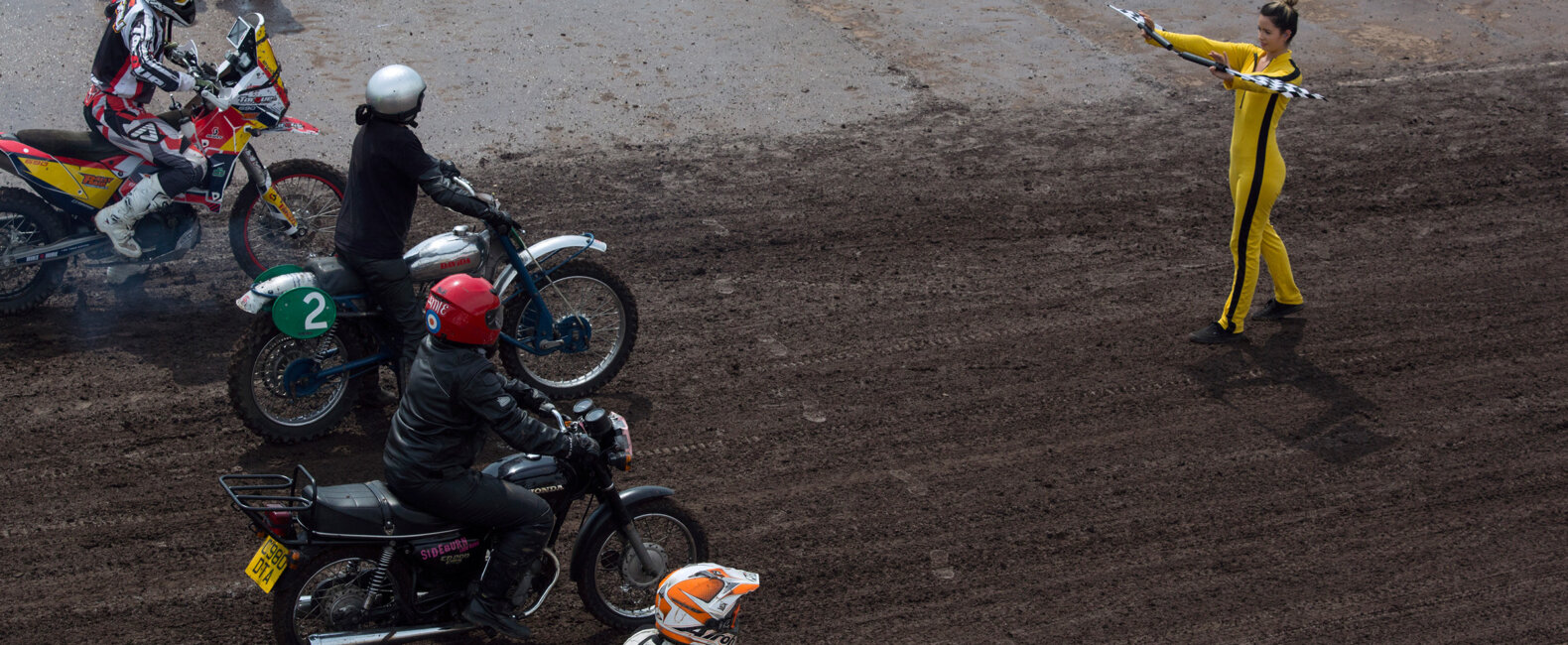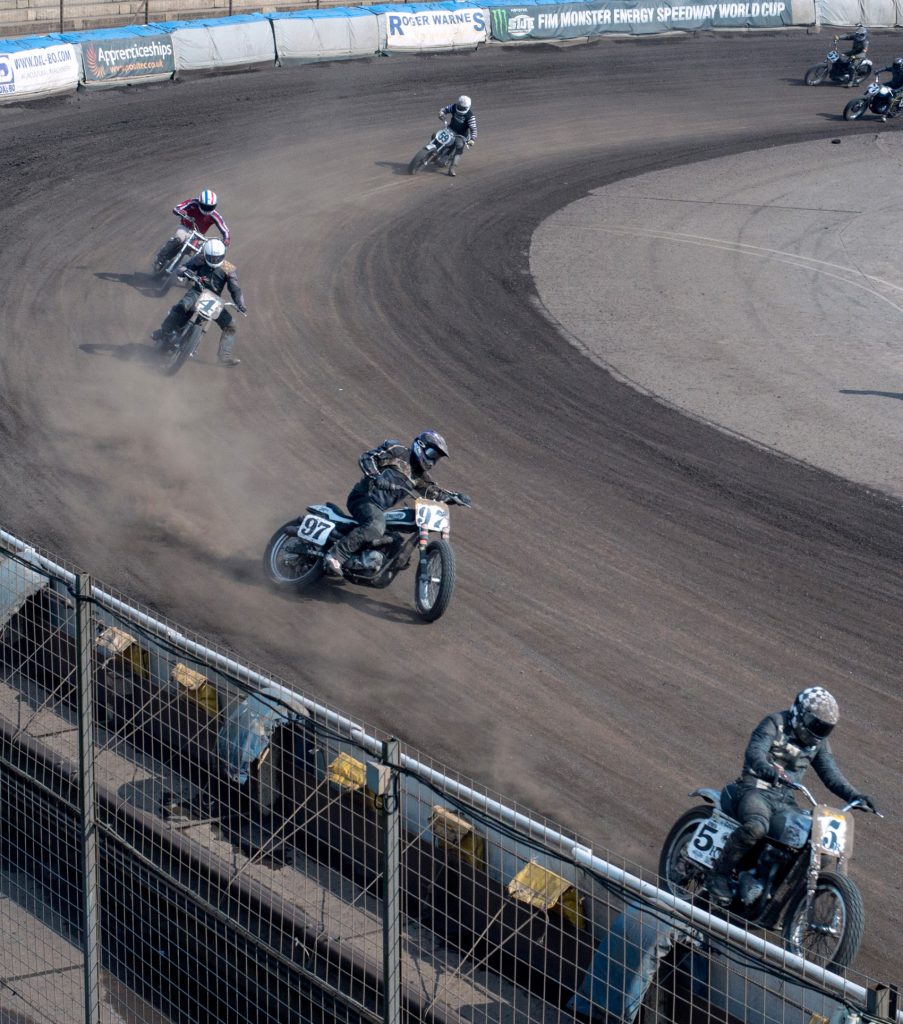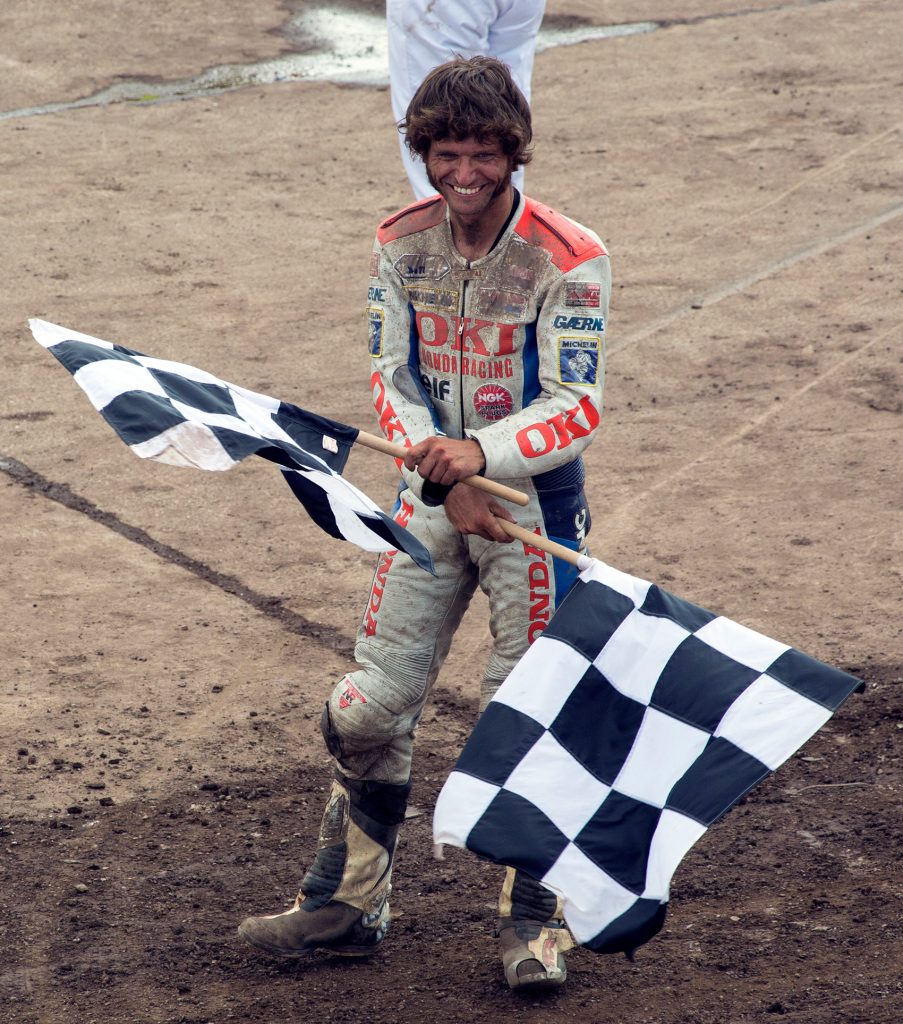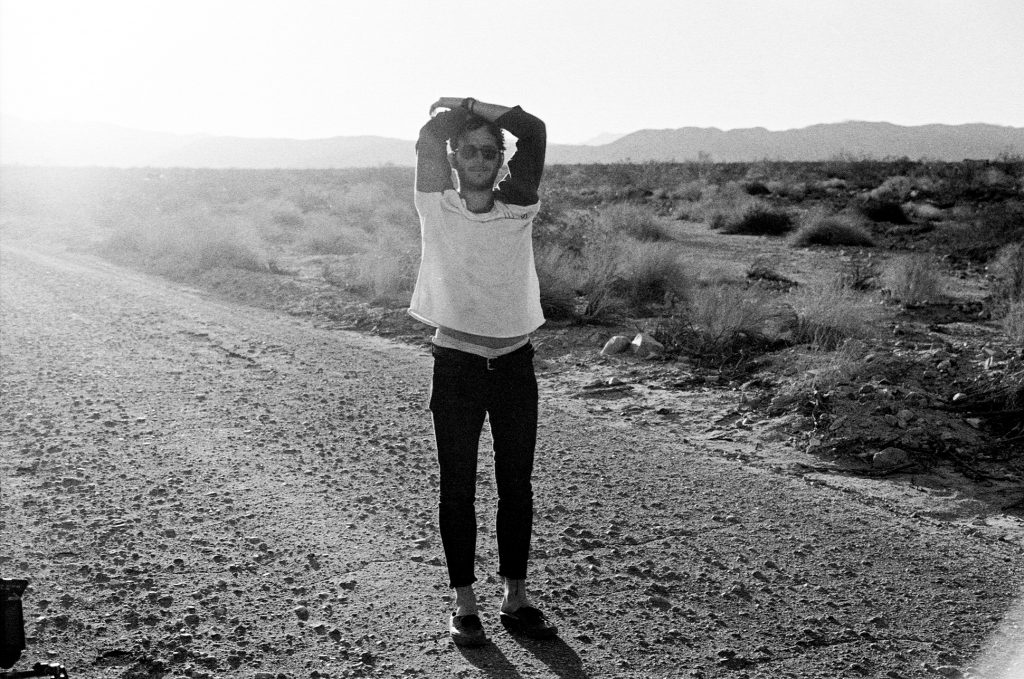The most interesting things in life happen on the edges. So it’s not surprising that great films are made there too. Weirdly, it’s by exploring extremes that we come to better understand our day-to-day lives and selves. You have to travel far away to fully appreciate being home. At least that’s the operating philosophy for filmmaker Thibaut Grevet, whose film Coste Contemplation not only got him a Vimeo Staff Pick, but also caught the eye of Apple’s marketing department and the ear of our film team when he licensed Musicbed track ‘Speak, We’re Listening’ to score his film.
The most remarkable thing about Thibaut’s films — and we get into this a bit more toward the end of the interview — is that he manages to make niche subjects like BMX bikes and motorcycle racing resonate with people who’ve never ridden more than a ten-speed. His subject is subcultures, but his audience is the culture at-large. He brings us dispatches from the underground.
We talked to Thibaut from his home in Lyon, France.
MB: What’s Lyon like?
Thibaut Grevet: It’s the third largest city in France. Basically there’s Paris, Marseille, and Lyon. I’m two hours from Paris. This is where I grew up. This is where I was born and raised.
How did you become a filmmaker?
Well, I did a lot of mountain biking when I was young. I always brought a camera along and filmed us so my friends and I would have a souvenir. Later I studied graphic design and worked in advertising, and I started working on some films for advertisements. At the same time, though, I was starting my blog: The Diggest. I don’t have time to work on it anymore, but The Diggest was a big starting point in my life. That’s how I managed to meet all these extreme sports brands and get involved with Vans and brands like that. The site was dedicated to BMX, but it was more about lifestyle than tricks. It ended up doing well.
The tagline for The Diggest is something like “Lives lived outside the ordinary.”
Yes. Subculture has always fascinated me. I like people who are passionate. People who are living outside the ordinary. That’s what interests me. I can spend an entire night talking to a guy like that, just listening to him explain his life. But if someone isn’t living outside the ordinary, if he doesn’t have anything to say, then why am I talking to him? I guess everyone has something to say, but the people I’m curious about aren’t ordinary.
Your films are filled with movement. They almost all include some form of transportation.
It’s true. I love traveling and discovering. I love not knowing what’s going to happen the next day. I think you can feel that in my films. It’s like Kerouac. On the Road. I’ve always thought that type of stuff is so cool.
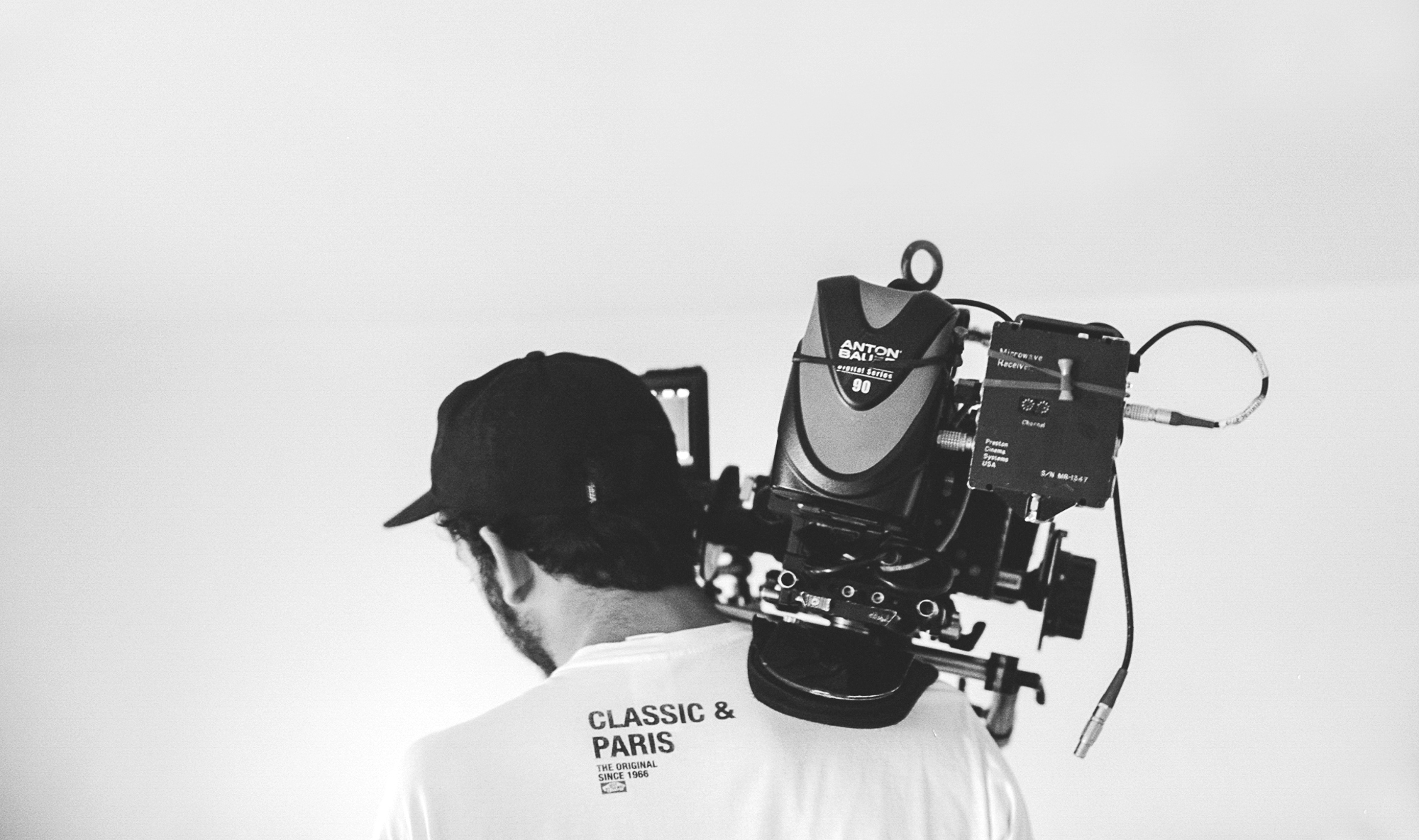
Subculture has always fascinated me. I like people who are passionate. People who are living outside the ordinary.
It’s interesting that you still live in the same town where you grew up.
But that’s why I love traveling so much. I love the balance. You leave and you come back home. I need to have a place where I can think and work and be with my family. That’s very important to me. I love to leave for two, three months, and then I love to come back. I need to have a home in order to be able to travel.
Do you feel like your approach to filmmaking is particularly French?
What do you mean?
I don’t really know.
Well, I don’t know if this is particularly French; but when I make films, I concentrate on two things: the people and the reality. I don’t want to show fake things. That’s why it’s hard for me to make stuff that’s funny. It’s not my style. I think American filmmakers are more into performance and action, whereas I’m more into story and people. I love to capture things that are unprepared. For me, those are the best things. Even if I do fiction, I want to capture things that are unprepared. That’s why I love Terrence Malick. He waits until the last moment to show the actor the script. You get so much more sincerity and sensitivity.
In the Coste Contemplation film, doing those interviews with the kids was so funny because it’s pure. There are no lies. They don’t invent anything. It’s just instinct. In my work, I’m always looking for reality. A story can be fake but it should also be real. Do you know what I mean?
I read that Werner Herzog loved to use nonactors in his films because they didn’t try so hard to “act.”
Yeah. It’s called “street casting.” It’s really hard to do. You just go out on the street and say, “You look good; come be in my movie.” This is so hard but it’s really the best.
How did the Coste Contemplation film happen? Where did you find the story?
I’d known Dimitri Coste for five years or so. I was really fascinated by his lifestyle and his spirit. He was a photographer for Vans and a motorcyclist. Sometimes you just have a feeling about someone. You think, Okay, this guy is visually cool. This guy has a story to tell.It’s the same way you’re compelled to take a photograph of something. That’s how I process the films I want to make anyway. So I knew I wanted to make a film of him. And really, I owe Demitri and his family a lot of thanks. Nothing would have been possible without their help and dedication. Demitri played a big role in this film’s success.
Do you find stories or do stories find you?
I am always looking for stories. I am always online reading about people and subcultures. Like I just found this thing called “cheese rolling.” Basically, these people in the U.K. run down a hill chasing a wheel of cheese. You find this stuff and you say, “This is awesome. There’s something visual there. There’s something interesting there.” You have to go discover these things. It’s rare that a story comes to you.

When I make films, I concentrate on two things: the people and the reality. I don’t want to show fake things.
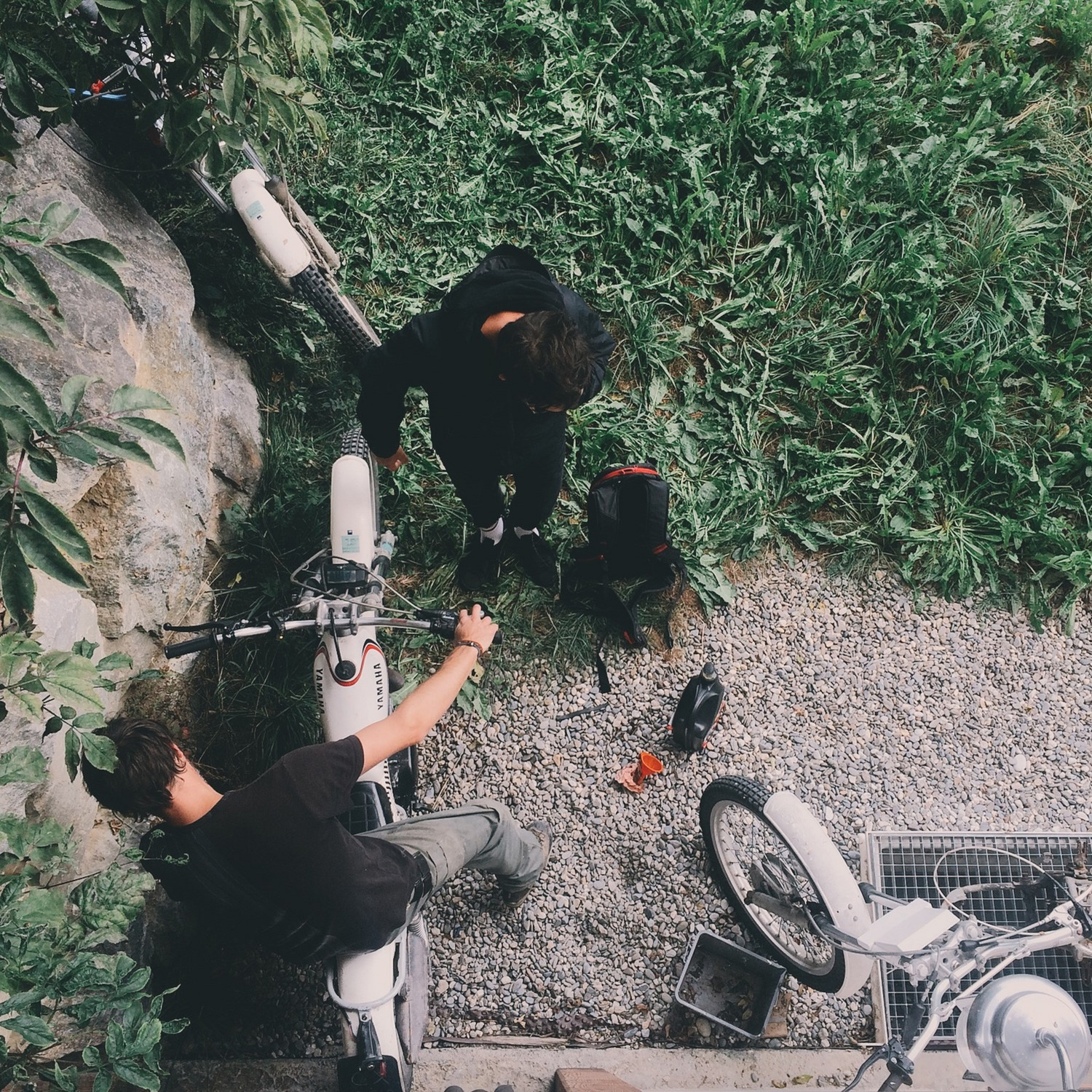
How do you decide which stories to pursue?
It sounds stupid to say, but it’s the ones you can get access to. You make the ones you know how to make. I think instinct is the right word? In film, and in life in general, you have to trust what you want.
How did you decide to have the Coste Contemplation narrated by Dimitri’s kids?
My main problem was that I wanted to make a movie about a motorcycle. I wanted there to be speed. I wanted dust and dirt in the air. But all of that was so cliché. If you want to talk about motorcycles, you put on rock music and have a big, dramatic voiceover and a lot of slow motion. It’s been done 100 times. So I was trying to find a new way of telling the story. And it turned out that Dimitri’s kids are really awesome. They have a lot of energy. They’re always saying things. Blah, blah, blah. So I thought, Well, let’s see what they say about their father. I just asked them very simple questions, and it worked really well. It created this contrast between the speed and the danger. The kids were such an opposite, so it created balance. It helped make the film short and efficient, which is what I wanted. But I also wanted to make a film that touched more than just a motorcycle audience. I wanted to touch a world audience.
What do you mean?
For example, I showed the video to my mother and she loved it. Because it’s not really a motorcycle video. It can touch anyone. That’s something I’m after in all of my work.
You mentioned being able to visualize the bike going fast, the dust and dirt. Does your inspiration usually come to you visually?
For me, it’s a lot about the place. I need to be able to imagine the place in order to create something good. If I can’t imagine the place, I can’t create something good. So yeah, the visual aspect is really important to me. It helps me create the story. But sometimes it can work the other way too. Sometimes you have an idea and think, Okay, what would be a good location for that? You have to trust that each part will give you the next.
After the interview, Thibaut sent us an email asking us to include a final word of thanks: “I need to say a big THANK YOU again to Julie Mathieu, my best producer, for all his help, love and trust. And also to the whole Frenzy team (Elsa Rakotoson, FrenzyParis.com). Without you, it would have been totally different :)”
If you can believe it, Thibaut has been seriously making films for only two years. His raw vision and curiosity shine through his work, and we can’t wait to see where his restless search for reality takes him next.
You can keep up with Thibaut on Instagram @thibautgrevet and at thibautgrevet.com.
Photos by Thibaut Grevet & Dael Poulter















































































